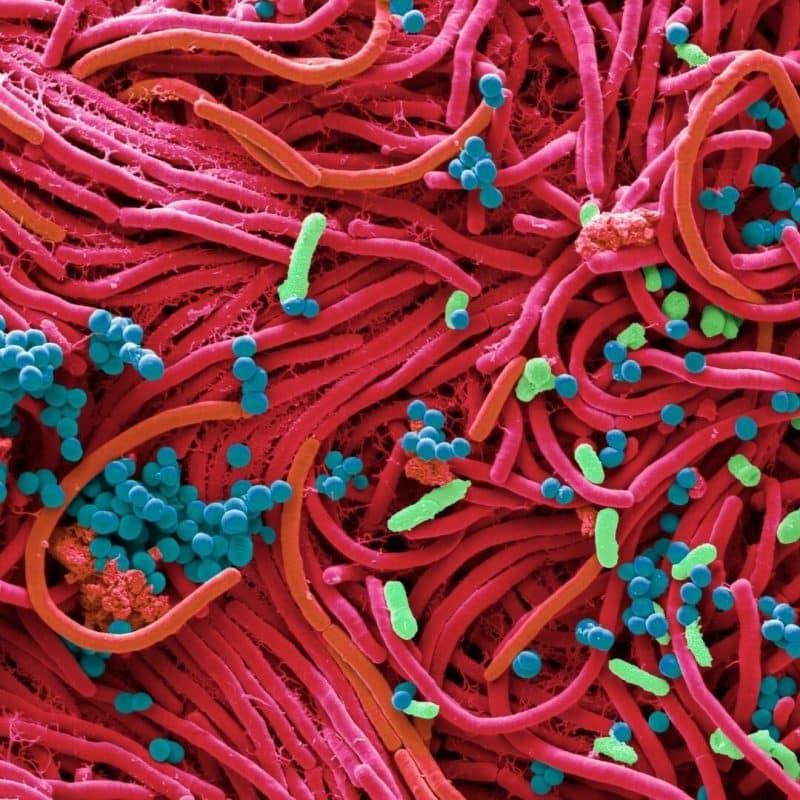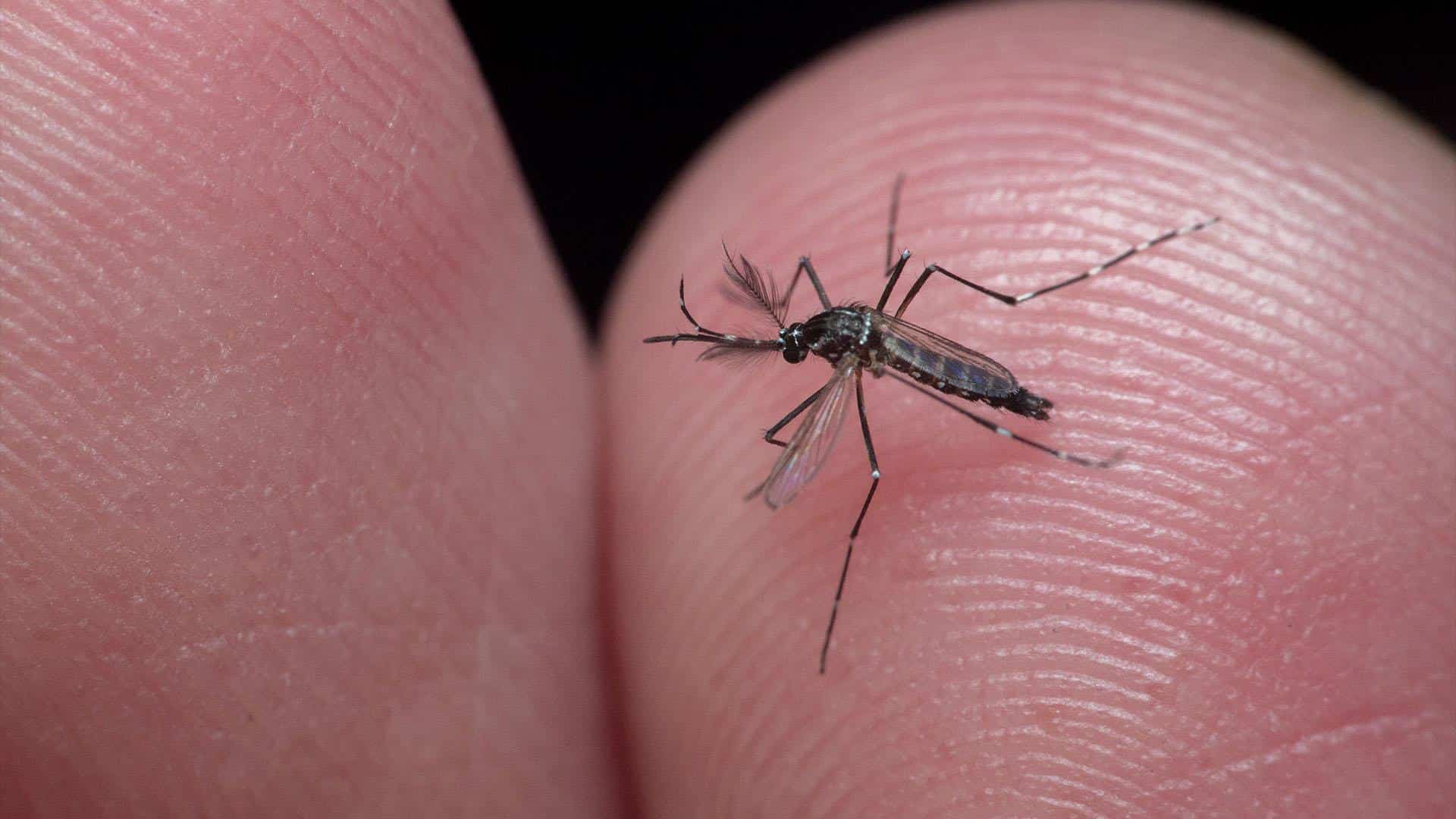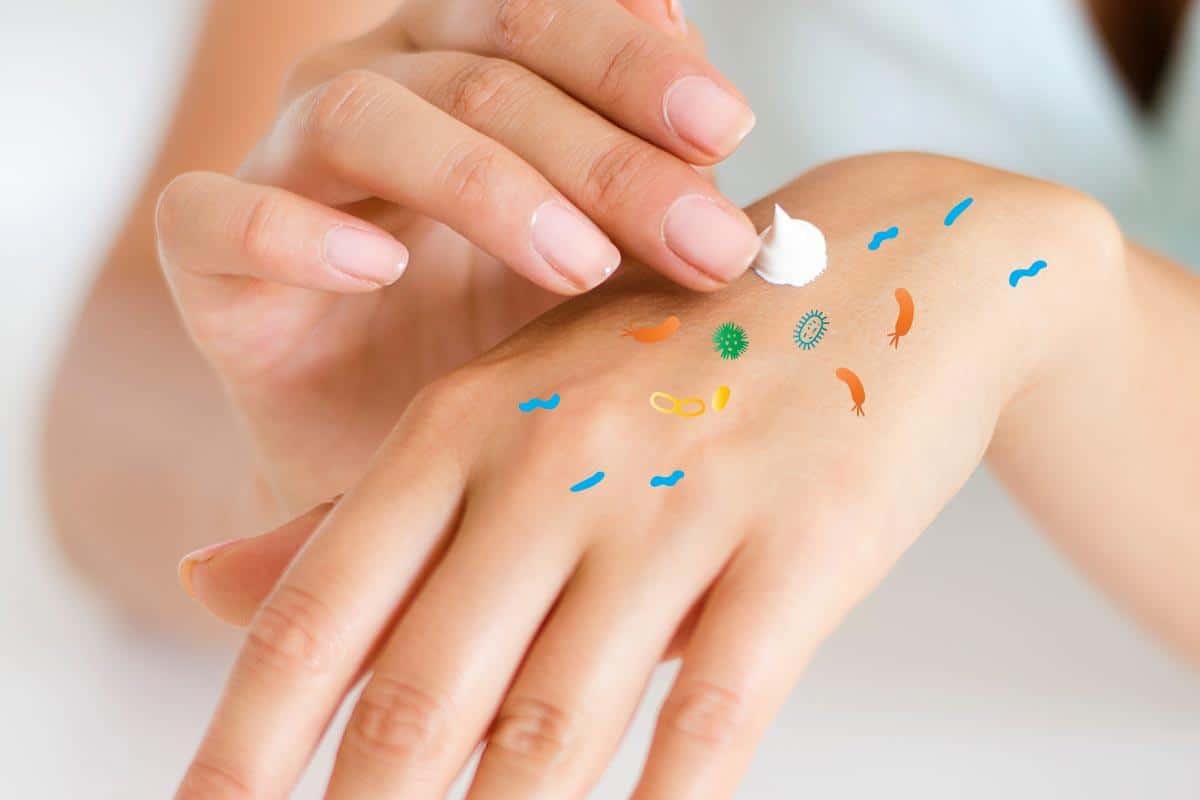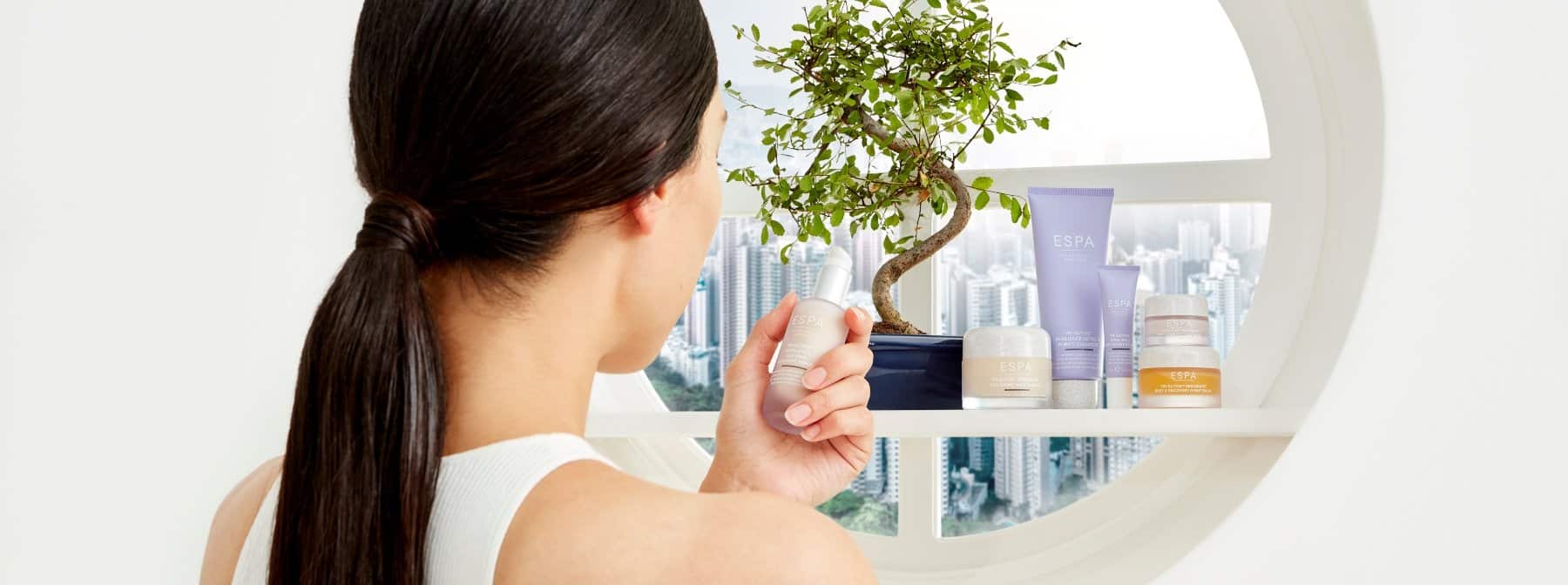The skin microbiome may help keep mosquitoes away. Scientists discovered that the bacteria on your skin can attract or repel these insects. These bacteria produce the odors on the skin. Changing these microorganisms may be a potent strategy to repel mosquitoes. This effort can then control the spread of mosquito-borne diseases.

The Science of Mosquito Sniffing
Studies show that humans have one-of-a-kind scents. Scientists know that mosquitoes seek out humans through their sense of smell. The chemicals released by the sweat and oil glands can attract mosquitoes. Skin microbes metabolize the molecules the sweat glands release. They take the nutrients from these molecules, and these nutrients get the attention of these biting insects.

Research reveals that this same skin microbiome can produce chemicals that can repel mosquitoes. The scent it produces wards off Aedes aegypti mosquitoes. These species of mosquitoes carry diseases like Zika, dengue, chikungunya, and yellow fever. Modifying it can release specific scents that can keep mosquitoes away. Scientists believe this novel approach is more effective than synthetic repellents known to cause skin irritation. Artificial repellents do not last that long, either.
Why This New Tool?
The scientific community is concerned about the growing population of insecticide-resistant mosquitoes. That is why it is necessary to find new tools like skim microbiome for repelling mosquitoes. This milestone can be a deeply organic and sustainable way to keep mosquitoes away. Studies confirm that the skin microbiome is the source of attractive cues to these biting insects. The microbiome can also be a source of the protective substance against them and mosquito-borne diseases.

The Volatiles in Skin Microbiome
The experts discovered three skin volatiles that attract mosquitoes. Your 3-methyl butyric acid and 2-methyl butyric acid are found in fruits. Geraniol is the main component in rose oils and citronella.
Studies show mosquitoes are attracted to lactic acid, which bacteria also produce. Skin volatiles like acetic acid and octanol must combine with lactic acid to attract mosquitoes. Changing the skin microbiome can reduce lactic acid production, which could prevent the spread of mosquito-borne diseases.

The Attractiveness
Specific body odors make some people more attractive to mosquitoes than others. That is why they have a higher risk of contracting mosquito-borne diseases than other people. Research shows that skin microbiome can metabolize peptides, carbohydrates, and fatty acids on the skin. It allows the individual to be unappetizing to mosquitoes.
The Lactic Acid-Deficient Strains of Skin Microbiome
Research shows that mosquitoes smell lactic acid (LA) on your skin. Scientists thought that non-LA-producing bacteria could reduce or even prevent mosquito bites. They started to remove the genes in bacteria that produce LA. The scientists coated lab mice with these engineered bacteria every day for three consecutive days. Then, they measured the attractiveness of the mice to mosquitoes for one, seven, and then 14 days. The coated mice were 86% less attractive to mosquitoes for up to two weeks following the treatment. Scientists say that if there are lotions with these non-LA-producing bacteria, it would be easier to make people less attractive to mosquitoes.

Your skin microbiome can be the newest solution to mosquito bites and mosquito-borne diseases. It may take time to develop, but a lotion or skin application that has these good bacteria can reduce a person’s risk of mosquito bites. The effort may enable us to win the fight against mosquito-borne diseases.